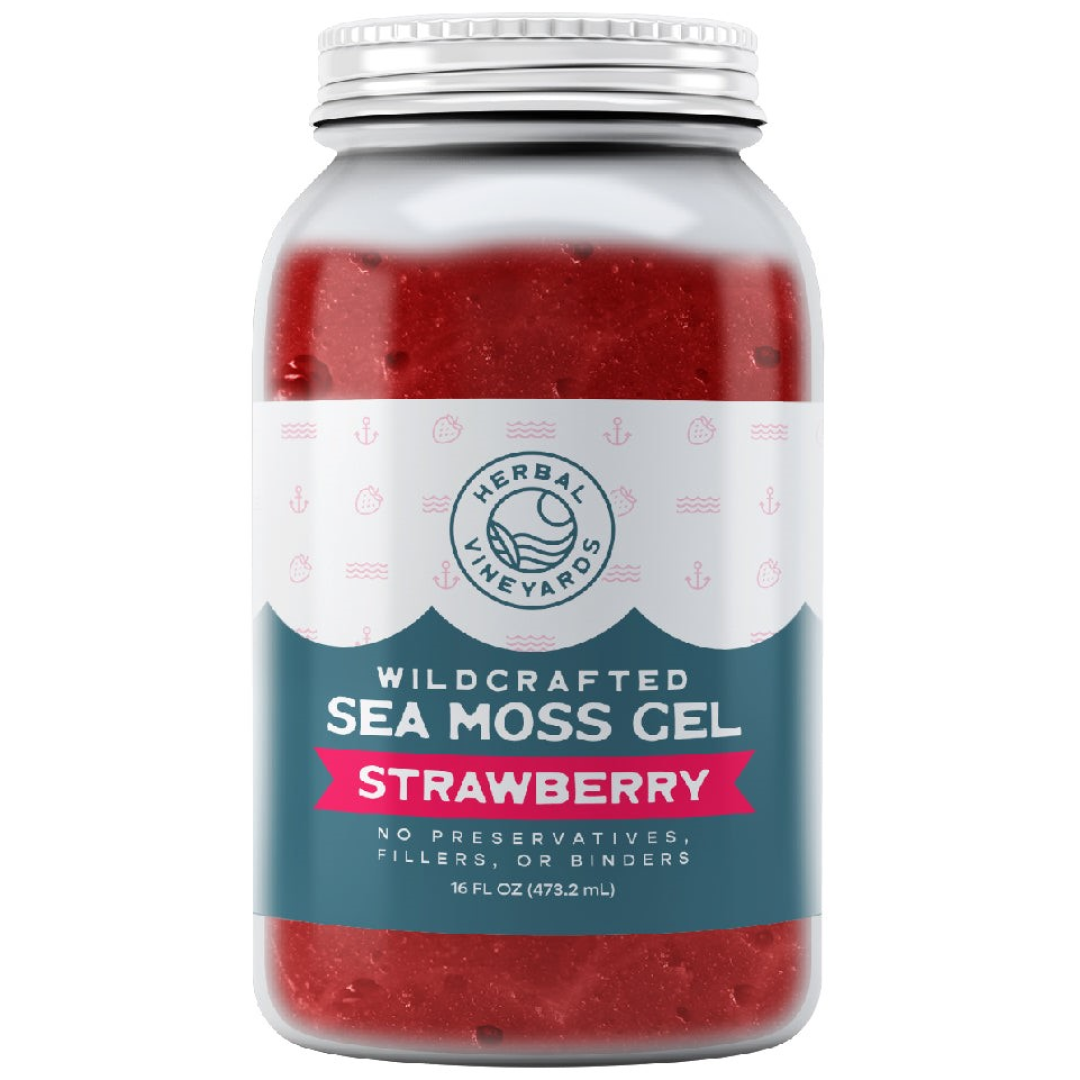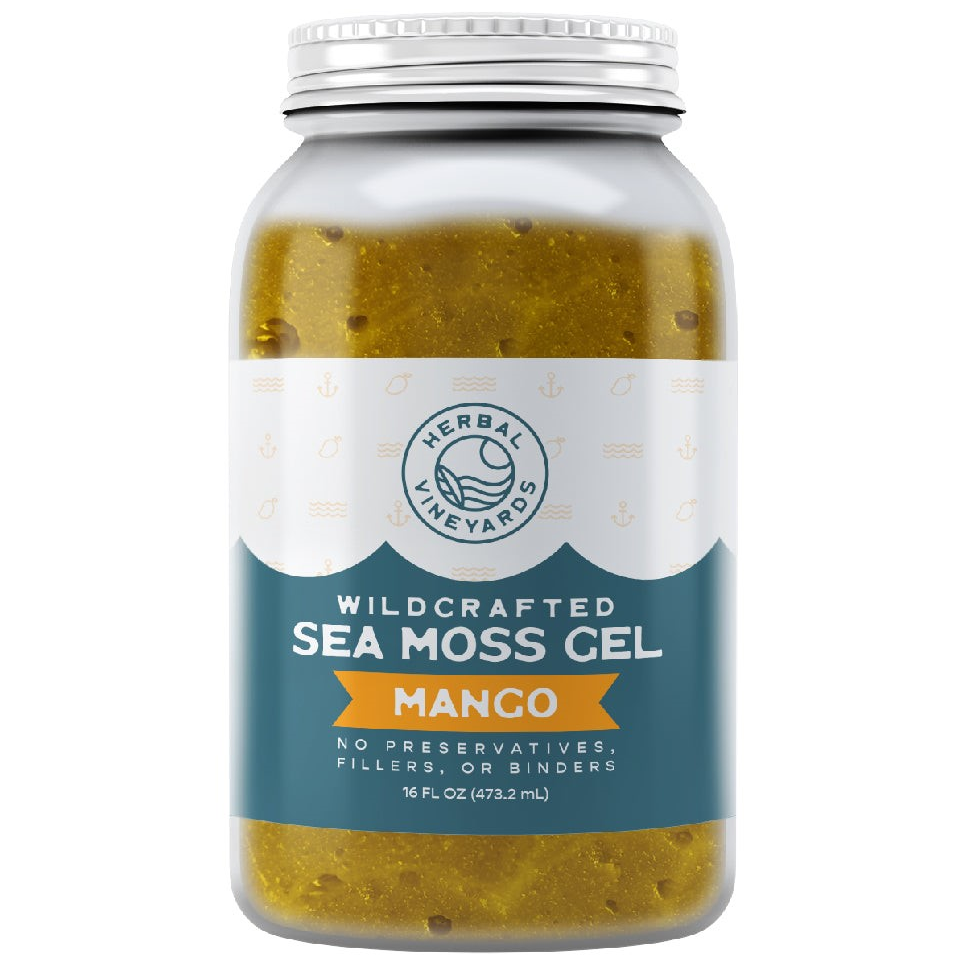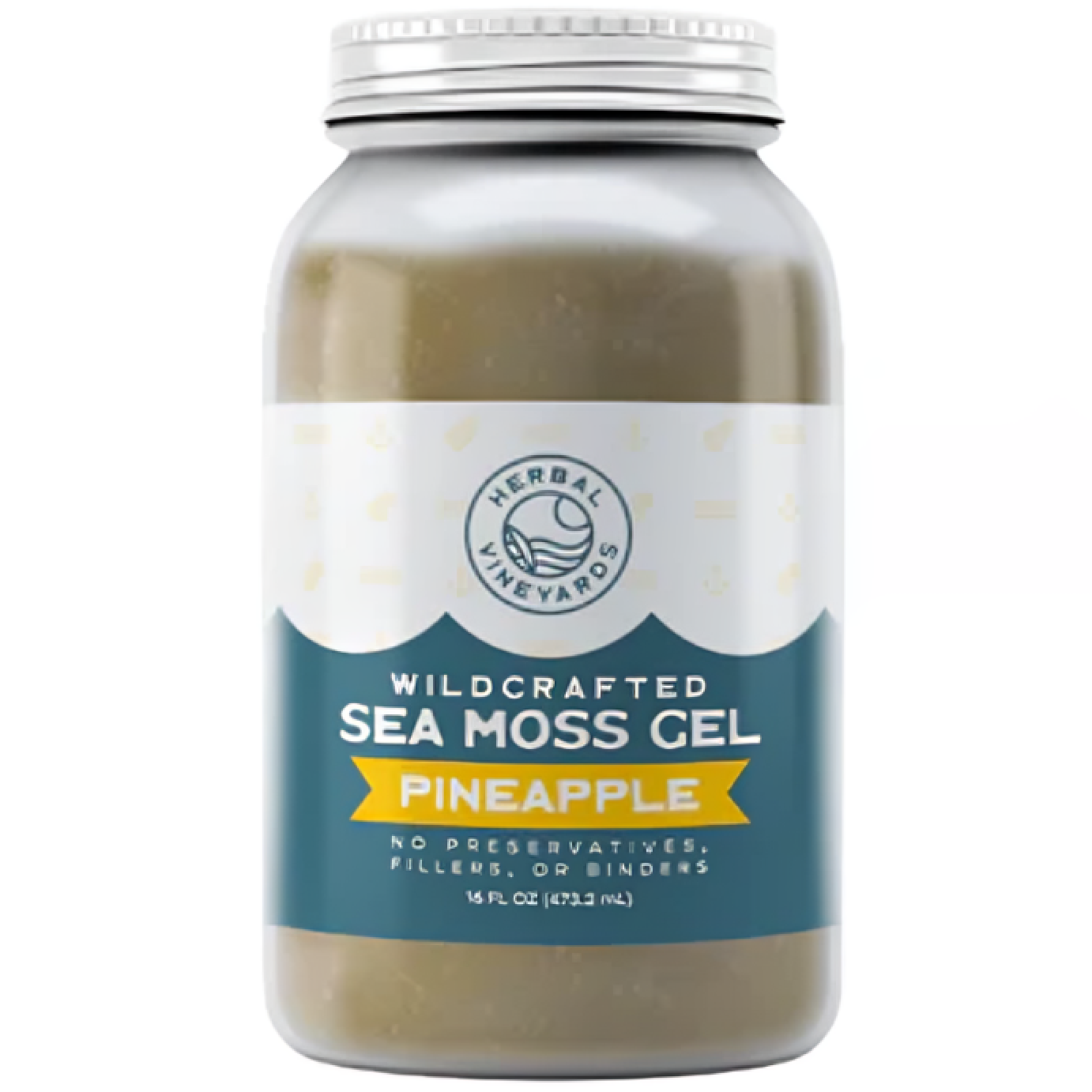Sea Moss for a Healthy Heart
About two centuries ago, sea moss was used as the potential treatment for pneumonia and tuberculosis. Apart from serving as a savior from disease, sea moss was also used as an inexpensive food to provide nourishment to poor people working in potato fields.
This gave the algae the title of ‘poverty food’, and due to this negative association, it was neglected and soon forgotten by health experts.
As of late, nutrition experts and herbalists have brought sea moss back into focus, recommending it to their patients for treating various chronic illnesses.
Now a mainstream item that’s being used in everything from smoothies to salads, sea moss can be found everywhere, with many companies producing it in ocean pools and preparing super-quality and organic sea moss products.
But is sea moss good for your heart as well? Let’s find out.
Sea Moss for Better Heart Health
Irish sea moss is amongst the best plant-based sources of omega-3 fatty acids. As is commonly known, these fats are vital for maintaining heart health – getting optimum omega-3 fatty acids in the diet is linked to a significantly lower risk of developing heart disease, high cholesterol, blood clots, and high blood pressure.
Bottom line: even if you’re not such a big fan of sea-food, eating seaweed and Irish moss can improve your heart’s health.
Let’s look at three reasons why you should consider including seaweed in your diet for a healthier heart.
- Rich Source of Potassium
Sea moss is a particularly rich source of potassium, the key mineral involved in various bodily functions and metabolic processes.
Potassium plays a major role in heart health, since it helps lower blood pressure by balancing the negative effects of salt, a.k.a sodium.
- May Prevent Formation of Blood Clots
Brown seaweed contains a compound known as fucoidan. The latter has been studied extensively regarding its potential use as a natural alternative to medicinal blood thinning options. Thus, it can prevent the formation of blood clots and subsequent blockage of arteries and blood vessels supplying the heart with nutrients and oxygen.
Fucoidan is structurally similar to heparin, the drug most commonly used as an anti-coagulant. Since heparin is extracted from animals, fucoidan can serve as a more ethically acceptable and sustainable source of blood thinner and anti-thrombotic medications.
- Potent Source of Antioxidants
Last but not the least, sea moss is widely known to be potential source of antioxidants, among which is fucoxanthin. The latter is an orange-colored compound that is widely known for its anti-inflammatory, anti-obesity, anti-cancer, anti-diabetic, and anti-angiogenic properties.
Fucoxanthin aids the body to clear up free radicals and prevents oxidative stress, hence promoting heart and overall health.
Conclusion
Seaweed is undoubtedly the ocean's super-food. It is a powerhouse of nutrients, such as vitamins A, B, C, D, and E, as well as minerals like sodium,potassium, calcium, and phosphorus. And now it’s also proven to manage cardiovascular health!
So why not try sea moss for yourself and let your body benefit from its remarkable potential? Pick something from our exclusive list of products today!







